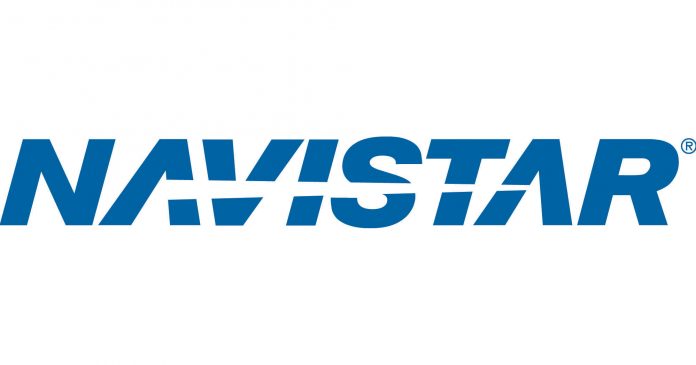
By Desiree Homer
Navistar International Corp. recently announced a minority stake purchase in TuSimple and makes plans for the development of self-driving trucks. The future of freight and transportation will include advancement in autonomous driving technology. It’s this announcement that reminds dealers about societal changes for transportation. These shifts can lead to or be the inspiration for changes to the needs of the individual vehicle buyer, as well. And it’s another sign that despite the current pandemic and economic conditions, innovation continues to affect the auto industry.
The Navistar International Corp. and TuSimple Project
The Navistar announcement came with projections to co-develop self-driving fleet vehicles by 2024. Some would say freight truck technologies are more attractive to investors than other self-driving channels. Unlike the autonomous taxi services or consumer-facing self-driving cars, using this tech for freight is easier and cheaper, as routes can be precisely dictated. These routes can be planned to avoid major intersections and pedestrians. It also presents a quicker and more realistic turnround for profitability.
TuSimple already announced its plans for a self-driving fleet network with a variety of partners, including US Xpress Enterprises Inc., McLane, and United Parcel Service, Inc. It may have been this advanced take on software that interested Navistar to invest a partial and minority stake. Based on the pace of the competitors in the space, TuSimple seems to be leading the pack. CEO for Navistar, Persio Lisboa, said this investment could be huge as “we go to the next phase of development.” The network, according to TuSimple, will operate much like that of a railroad system, wherein fleet trucks can operate under predetermined conditions (Level 4), and without a driver at the helm.
Anticipating Transportation Shifts in the Industry
Fleet management solutions, including the development of autonomous technology, is just another sign of changes within the transportation industry. As COVID-19 has ignited a movement for virtual and touchless engagements, for everything from pizza delivery to buying cars, there may be an increased need for self-driving technologies in the same vein. Of course, this doesn’t imply a direct, in the moment, change in car-buying habits. Self-driving cars aren’t quite here yet. But as other transportation segments explore these safe and cost-effective solutions, it’s a sign the times are changing.
A Call for Digitization and Automation at the Dealership Level
The Coronavirus may have put a damper on buying for a few months and caused dealers to reshuffle their playbook decks. But the big picture here is that engagement, buying preferences, and consumer confidence is permanently changing. Temporary digital solutions that dealers leveraged in March and April, may need to be reworked for more long-term scalability. In a recent Dealer News Today podcast discussion, Dave Cantin talks to Steve Zabawa of Rimrock Auto Group and WeBuy, who warns, “are we just waiting for Jeff Bezos to come in and take over online auto retail?” Tune in to hear the conversation about how Zabawa has truly automated the car buying process that allows deals to flow digitally at all hours.
The recent Navistar and TuSimple announcement just reminds everyone that innovation surges forward, at least at the fleet transportation level. It also can serve a reminder for dealers to keep their momentum in developing their own technologies and solutions.


















